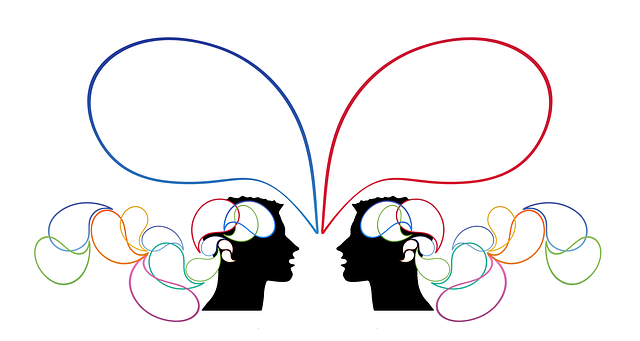Make no mistake; there are no quick fixes when it comes to de-escalation techniques. De-escalation is a process. And processes take time. I wrote about this in my last post, here.
In addition to time, processes also require trust. While there isn’t a lot of new scientific research in the psychology of de-escalation, I am intrigued by a model that has gotten some attention.
In Walking Through Anger: A New Design for Confronting Conflict in an Emotionally Charged World (Sounds True, October 2019), Christian Conte, PhD, shares his philosophy and evidence-based model for change he calls Yield Theory. The model is a framework to help anyone see the world from the perspective of another with empathy, compassion, and non-attachment, replacing any ego-driven perception of a situation (or person in a heightened emotional state).
As Conte describes it, Yield Theory Compassion is the “cornerstone of communication.” It allows leaders, managers, and colleagues to de-escalate and work through conflict without aggression or submission.
According to Conte, practicing Yield Theory involves a “constant navigation toward the position of the other” through three steps:
- Listen: hear what is being said, verbally and non-verbally.
- Validate: validate the feelings of the person in a heightened emotional state. Validation is only effective (and has occurred) if the subject feels validated.
- Explore Options: explore all options and consequences of each option. Persons in a heightened emotional state often have a narrow focus, a type of tunnel vision. This is the time to introduce a macro-vision, a wider range of options, and allow for choice in behavior or actions. In essence, you are creating a safe-space that de-escalates a situation.
De-escalation Communication Skills
This process relies on seven key communication skills to build trust:
- Acceptance: be accepting of others and yourself (strengths, limits, and emotional/cognitive states).
- Authenticity: be true to yourself in order to be truly available to others.
- Compassion: be aware and understand how others are feeling.
- Conscious education: check-in and monitor your physical being to prevent transferring internal stress into external accusation.
- Creativity: be open, curious, and of a growth mindset.
- Mindfulness: be mindfully and totally present. Avoid the five errors of communication:
- Approach: be self-aware of tone, non-verbal cues, space, etc.
- Interpretation: be aware of cultural differences, opportunities to project, blind-spots/bias, etc.
- Judgment
- Language
- Omnipotence
- Nonattachment: let go of any pre-determined outcomes to achieve the de-escalation goals. Be responsible and accountable for self and don’t take statements personally.
What do you think? How might this de-escalation process work for you? I’d love to hear from you. You can reach me here, on LinkedIn, or give me a call: 561-582-6060.

Did You Enjoy This Article?
Join thousands of other smart business owners like yourself & get our Proffittable Times newsletter.
It's filled with actionable content you can apply immediately.
Sign up now to get started!
– Coach Nancy










